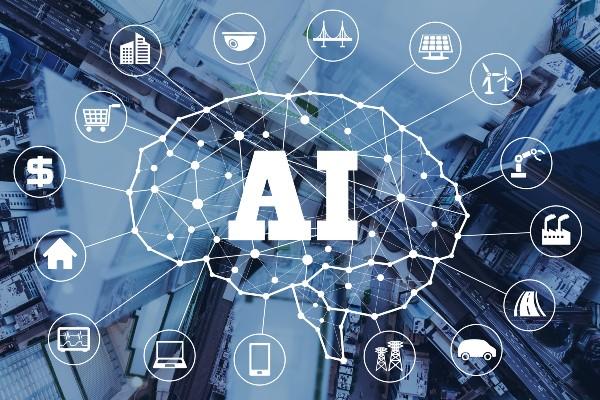Global AI Market Size Analysis and Future Trends

The vast and rapidly expanding artificial intelligence market is not a monolithic entity but is comprised of several distinct yet interconnected core technology segments, each contributing to its overall growth. A detailed technological breakdown of the Ai Market Size identifies Machine Learning (ML) as the largest and most foundational segment. ML enables systems to learn from data, identify patterns, and make decisions with minimal human intervention, forming the backbone of most modern AI applications, from recommendation engines to predictive analytics platforms. A crucial sub-segment of ML is Deep Learning (DL), which utilizes complex, multi-layered neural networks to solve highly intricate problems. DL has been the driving force behind recent breakthroughs in areas like image recognition and natural language processing, enabling capabilities that were previously thought to be the exclusive domain of human intelligence. The continuous innovation in these learning-based algorithms is a primary catalyst for the market's expansion.
Another critical technology segment is Natural Language Processing (NLP), which focuses on enabling machines to understand, interpret, and generate human language. The rapid advancement in NLP, particularly with the advent of large language models (LLMs), has led to a boom in applications such as sophisticated chatbots, virtual assistants, automated content generation, and sentiment analysis tools. This has revolutionized customer service, marketing, and content creation industries. Complementing NLP is the Computer Vision segment, which endows machines with the ability to "see" and interpret visual information from the world. This technology powers a vast range of applications, including facial recognition for security, object detection in autonomous vehicles, quality control in manufacturing, and medical image analysis in healthcare. The Ai Market Size size is projected to grow USD 2000 Billion by 2035, exhibiting a CAGR of 30.58% during the forecast period 2025-2035.
The strategic value of these core technologies is often maximized when they are integrated, creating more holistic and powerful AI solutions. For example, a retail application might use computer vision to analyze in-store traffic patterns and NLP to understand customer feedback from social media, feeding both data streams into a machine learning model to optimize store layout and inventory. The market is also characterized by the growth of "AI Platforms-as-a-Service" (AIPaaS), which bundle these various technologies into a cohesive set of tools, allowing developers to easily build and deploy custom AI applications. This platform-based approach is democratizing access to advanced AI capabilities and accelerating the pace of innovation across all industries, ensuring that the demand for these core technologies will continue to grow in tandem with the overall market.
Top Trending Reports -
India Internet of Things Industry
- Art
- Causes
- Crafts
- Dance
- Drinks
- Film
- Fitness
- Food
- Games
- Gardening
- Health
- Home
- Literature
- Music
- Networking
- Other
- Party
- Religion
- Shopping
- Sports
- Theater
- Wellness
